
News


Aethlon Medical’s proprietary Hemopurifier is being studied to treat COVID-19, and they recently reported results.

The CDC recently compiled surveillance data showing the span and prevalence of 7 major pathogens commonly carried by blacklegged ticks.

The start of Men’s Health Week offers an opportunity for men to get screened for a variety of health issues and be proactive with their health including those who might be at risk of HIV and may benefit from PrEP.

“It’s time to ensure widespread availability by promoting access to safe, effective, and sustainably priced medications, rather than providing incentives to prescribe higher-cost alternatives,” the authors said.
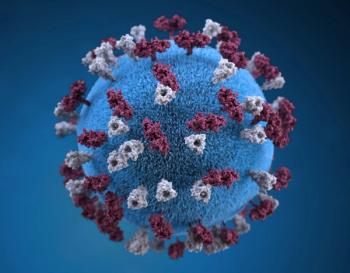
Rather than developing vaccines for each new variant, some officials are pushing to follow the flu vaccine model, with annual vaccination.

People exposed to a family member recently hospitalized with C difficile infection were 73% more likely to contract CDI themselves.

Joined by Steven Wolfe, DO, MPH, and Stuart A Fisk, CRNP, of the Allegheny Health Network, we discuss the populations most at risk of HIV infection, as well as advice for making healthcare spaces more inclusive and accessible for LGBTQ+ people.

Data results from its phase 3 trial showed it was statistically significant and the company plans to follow-up with regulatory bodies later this year.

Tecovirimat (Tpoxx) is an antiviral agent that is already indicated for another orthopoxvirus, smallpox. And studies are ongoing to see if it has potential efficacy in treating monkeypox.

Merck’s antiviral drug molnupiravir may benefit nonhospitalized patients with mild or moderate COVID-19, according to a secondary analysis of phase 3 clinical trial data.

Immunization against COVID-19 benefits pregnant women as well as their offspring.

AstraZeneca’s Evusheld, dual injections of tixagevimab and cilgavimab, reduced the risk of severe or fatal COVID-19 disease by 50%. When administered within 3 days of symptom onset, Evusheld had an 88% risk reduction.
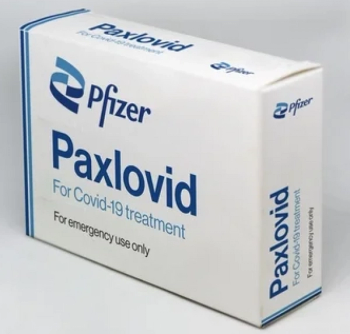
Rebound in COVID-19 symptoms, retesting positive for SARS-CoV-2, and recurring infectivity after Paxlovid treatment mars "test and treat."

A recent study in the United Kingdom suggests that more research into the possible benefits of antiviral drug tecovirimat for treating monkeypox may be warranted after showing positive results in one patient.

SER-109, the investigational oral microbiome therapeutic from Seres, reduced C diff recurrence by 91.3% in at-risk populations.

Moderna’s bivalent COVID-19 vaccine booster, mRNA-1273.214, generated nearly twice the protective antibodies against Omicron.

Findings highlight need for innovative prevention strategies, experts say.

GSK’s Priorix MMR vaccine received the federal agency’s approval which was based from data of 6 clinical trials evaluating its safety.

Impairment of cognitive function is a growing, concerning effect of "long COVID."
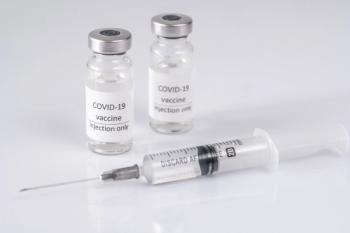
Adults living with HIV were more likely to have a breakthrough COVID-19 infection after vaccination, suggesting a need for additional vaccine doses in this population.
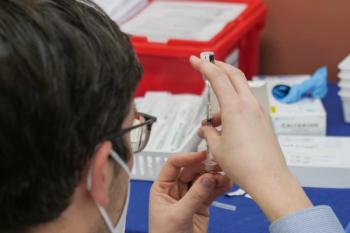
People infected with HIV are at a 4.5- to 12.9-fold increased risk of meningococcal disease compared to an otherwise healthy population, the study authors said.

Patients who took RBX2660 following antibiotic therapy had lower rates of recurrence and double the time to recurrence, compared to patients taking placebo.

There are now over 25 monkeypox infections confirmed in 12 US states and DC. There are an estimated 900 cases worldwide.
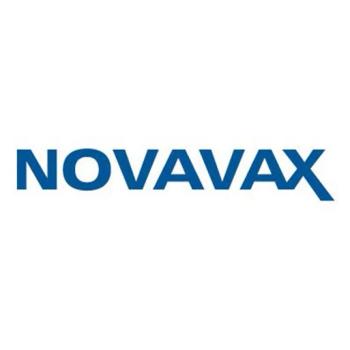
The advisory group is meeting on Tuesday to discuss the vaccine’s presenting data and a potential authorization.
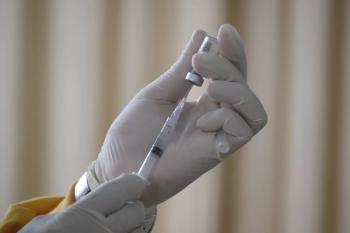
New vaccine for COVID-19 employing receptor-binding domain-dimer-based platform achieves 87.6% efficacy against severe to critical illness.
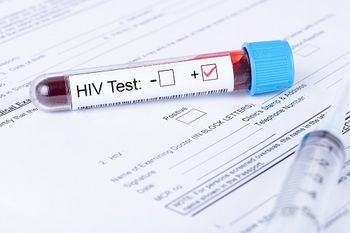
The study authors determined that COVID-19 patients with HIV were 38% more likely to die than those without HIV.

COVID-19 mortality is most frequent in men 60-77 years old with acute lung injury.

Although underutilized, this highly efficacious vaccine can help prevent numerous cancers including the most prevalent—head and neck and cervical cancers.

The microbiota-based live therapeutic had a 68.3% success rate when administered following antibiotic treatment, versus a 55% success rate in a placebo group.
